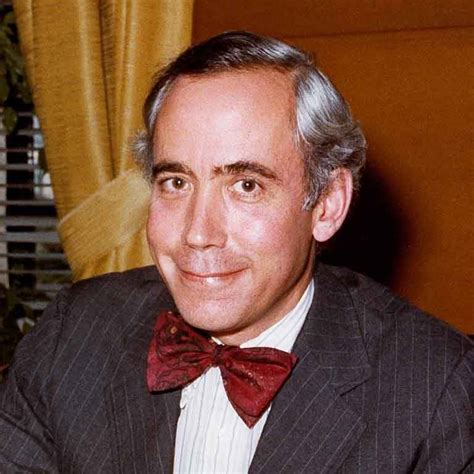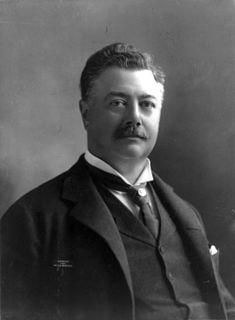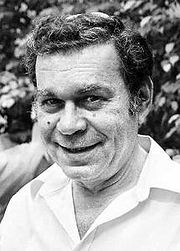A Quote by Thomas Ehrlich
There is an increasing sense of what can be called legal pollution.
Quote Topics
Related Quotes
Extrapolated, technology wants what life wants:
Increasing efficiency
Increasing opportunity
Increasing emergence
Increasing complexity
Increasing diversity
Increasing specialization
Increasing ubiquity
Increasing freedom
Increasing mutualism
Increasing beauty
Increasing sentience
Increasing structure
Increasing evolvability
There are just too many opportunities - and an increasing number of them - to hide systemic, institutional wrongdoing behind legal veils, legal theories, and arbitrary exemptions. I hope that we can start to chip away at this, but it sure looks like society is still sliding in the opposite direction.
What we know is that the environmental movement had a series of dazzling victories in the late '60s and in the '70s where the whole legal framework for responding to pollution and to protecting wildlife came into law. It was just victory after victory after victory. And these were what came to be called 'command-and-control' pieces of legislation.
In legal parlance, that is called 'the rational person test,' ... That's where somebody else says, 'Even though we have no idea what this person would want in this circumstance in which they cannot themselves tell us what they want, a 'rational' person - meaning, myself - in that circumstance would want to die.' So you move very quickly from so-called voluntary euthanasia to involuntary euthanasia. These legal and medical developments are not simply hypothetical They're in the courts right now.



































